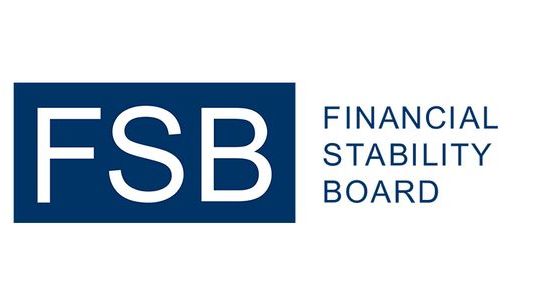March CEO Blog: Seven key regulatory themes for 2020
By Jack Inglis, CEO AIMA
Published: 05 March 2020
At the start of the year, we at AIMA have been busy identifying the key regulatory developments which will impact the alternative investment management industry in the next 12 months. We’ve rounded up the seven major regulatory themes that are likely to emerge in 2020 and where AIMA will be focusing its efforts.
Starting in Europe, the European Commission is expected to publish a report regarding a possible revision of the AIFMD during the first half of this year. Some of the areas that this is likely to touch upon include depositaries, valuation, marketing provisions, remuneration, delegation, leverage, liquidity, reporting (including the incorporation of any changes to reflect IOSCO’s recent report on measures of leverage), third country access and equivalence. Meanwhile, as the United Kingdom officially left the European Union on 31 January, important questions about the country’s asset management policy post Brexit still remain. Indeed, there is a long list of technical matters that will need to be resolved well in advance of the expiry of the transition period to ensure firms can move to their new status seamlessly. AIMA will continue to work with policymakers at UK and EU level on these points.
Moving on to the United States, leverage and liquidity appear to be on the minds of U.S. policymakers: we will be responding to the Securities and Exchange Commission’s (SEC) re-proposal of rules affecting the use of derivatives by investment companies. Furthermore, the SEC has proposed a new rule to update and modernise the advertising rules for investment advisers. These proposed amendments are intended to update the existing rules to reflect changes in technology and the expectations of investors seeking advisory services. AIMA has responded to the advertising rules consultation, and we will continue to communicate members’ views on relevant regulatory proposals in this area.
With regards to the Asia-Pacific region, all eyes are on the onshoring of funds as Australia, Hong Kong and Singapore compete for fund domiciliation business from offshore centres. The “onshorisation" of funds is reflected by the increasing availability and use of onshore fund vehicles. AIMA has been front and centre in engaging with relevant policymakers and regulators on all new APAC onshore fund vehicles and will continue to maintain close discussions on this topic.
A specific trend that we see impacting the industry more broadly is sustainable finance. While firms have so far been able to orient themselves within the broad theme of responsible investment/ESG based on investor preference, implementation of new rules that are currently in development will place significant demands on investment managers with regards to risk management, disclosures and accountability of senior management, regardless of the firms’ underlying investment strategies. AIMA has already published a rich collection of materials on responsible investment/ESG, including Policy and Practice: ESG Considerations at Alternative Investment Management Firms, Responsible Investment Policies for Hedge Fund Managers and a Responsible Investment Primer. We will continue to work alongside our members and engage in discussions with regulators and investors to ensure that the alternative investment industry embraces and implements responsible investment/ESG in an efficient and appropriate manner.
Additionally, recent reports published by the Bank of England on UK financial stability, the Financial Stability Board on non-bank financial intermediation and risks posed by leveraged loans and CLOs as well as the publication of IOSCO’s framework for monitoring leverage in investment funds, demonstrate that macro-prudential policymakers continue to pay close attention to the growth of private credit. The Alternative Credit Council was set up by AIMA to represent asset management firms in the private credit and direct lending space, and will continue to engage in discussions with policymakers to help them fill data gaps and aid understanding of how private credit can often enhance financial stability.
Of course, AIMA’s work extends beyond these themes across a range of different regulatory areas. We look forward to continuing to work collaboratively with members, investors and policymakers, providing leadership as the voice of our industry.







